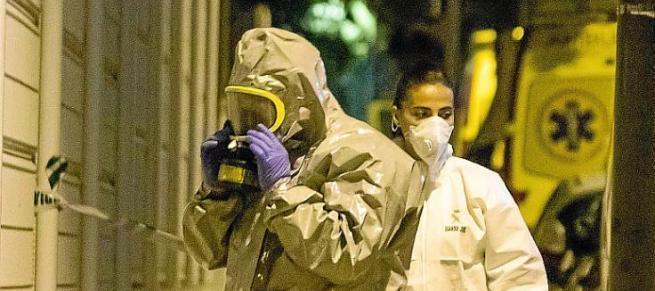There are at least fifteen homes in this situation. They are part of the network of homes that come under the Balearic government. These have 2,590 places, and 269 of them are currently unoccupied. At this time last year, the figure was 146.
The process of de-registering residents and registering new residents normally takes a fortnight. At the moment, however, it is taking a month. There are 1,880 people on the waiting list, which is a lower number than was typically the case before the pandemic.
The decrease from more than the usual 2,000 is a consequence of the crisis. Social affairs minister, Fina Santiago, says that it is always the case that numbers decline when there is a crisis. "If you have the time to look after someone because you are not working, then you aren't in too much a rush to find a care home place."
The waiting list has always tended to shorten when there is a rise in unemployment. "This happened between 2009 and 2012," notes Santiago. From 2013, as the economy improved and there was more employment, the waiting list lengthened.
With the current situation, Santiago explains that it is "more than just circumstantial". This is because the economy is intimately linked to a health issue, which "will be solved with a vaccine". She adds that there is also a fear factor about going into a care home.
During the first wave, Santiago says that some twenty families asked to take their relatives out of care homes. The same has happened during the second wave, although there aren't updated numbers as to how many requests have been made.


No comments
To be able to write a comment, you have to be registered and logged in
Currently there are no comments.